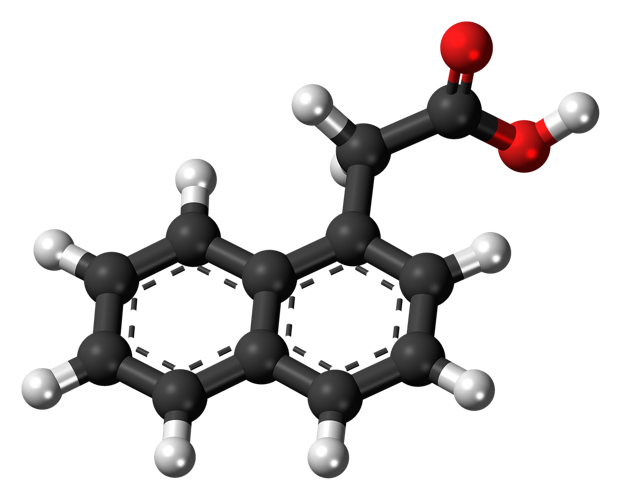Hormones regulate various bodily functions, from metabolism and mood to reproduction and growth. They act as messengers, carrying signals between cells and organs, ensuring the body functions smoothly and efficiently. Hormonal imbalances can disrupt this delicate equilibrium, leading to a wide range of health issues.

Understanding Hormone Replacement Therapy
Hormone Replacement Therapy (HRT) is a medical treatment designed to alleviate symptoms associated with hormonal imbalances. It involves supplementing the body with synthetic or naturally derived hormones to restore optimal levels and alleviate symptoms like mood swings and low libido.
Types of HRT
There are several types of HRT, each tailored to address specific hormonal deficiencies. Estrogen replacement therapy, for example, is commonly prescribed to women experiencing symptoms of the menopause, such as hot flashes and vaginal dryness. Progesterone replacement therapy may also be included to balance the estrogen levels and reduce the risk of endometrial hyperplasia.
Benefits
HRT offers numerous benefits for individuals struggling with hormonal imbalances. For women experiencing menopausal symptoms, HRT can provide relief from night sweats and mood swings, improving overall quality of life. Additionally, HRT has been shown to protect against bone loss, reducing the risk of osteoporosis and fractures in postmenopausal women.
In men, testosterone replacement therapy can help alleviate symptoms of hypogonadism, such as fatigue, low libido, and erectile dysfunction. By restoring testosterone levels to normal range, HRT can improve energy levels, mood, and sexual function, enhancing overall well-being.
Considerations for HRT
While HRT offers significant benefits, it is not without considerations. Estrogen replacement therapy, for example, has been associated with an increased likelihood of blood clots, stroke, and breast cancer in some women. Similarly, testosterone replacement therapy in men may heighten the possibility of cardiovascular events and prostate cancer.
It is essential for individuals considering HRT to discuss the potential considerations and benefits with their healthcare provider. Factors such as age, medical history, and lifestyle habits should be considered when determining the suitability of HRT.
The Science Behind HRT
HRT works by replenishing hormones that are deficient or imbalanced in the body. Estrogen replacement therapy, for instance, mimics the natural effects of estrogen, binding to estrogen receptors in various tissues and exerting its physiological effects. By restoring estrogen levels to normal range, HRT helps alleviate symptoms associated with menopause and estrogen deficiency.
Similarly, testosterone replacement therapy in men supplements the body with exogenous testosterone, restoring levels to optimal range. Testosterone binds to androgen receptors in tissues such as muscle, bone, and the brain, affecting metabolism, sexual function, and mood.
Personalized Approach to HRT
One of the critical principles of HRT is the importance of personalized treatment plans. Everyone is unique, and hormone requirements can vary based on age, gender, and overall health status. A thorough evaluation by a qualified healthcare provider is essential to determine the most appropriate type and dosage of HRT for each patient.
Additionally, regular monitoring is crucial to ensure hormone levels remain within optimal range and to adjust treatment as needed. Blood tests and symptom assessments can help healthcare providers tailor HRT regimens to meet each patient's specific needs, optimizing outcomes and minimizing risks.
Tailoring Treatment Plans to Individual Needs
Each individual's hormone requirements vary based on age, gender, and overall health status. A thorough evaluation by a qualified healthcare provider is essential to determine the most appropriate type and dosage of HRT for each patient. Factors like medical history, existing health conditions, and lifestyle habits are carefully considered to create a tailored treatment plan. By addressing these unique factors, healthcare providers can optimize the effectiveness of HRT while minimizing potential risks for each patient.
Continuous Monitoring for Optimal Outcomes

Regular monitoring is crucial to ensure that hormone levels remain within optimal range and to adjust treatment as needed. Blood tests and symptom assessments help healthcare providers tailor HRT regimens to meet each patient's specific needs, optimizing outcomes and minimizing risks.
Empowering Health Through Hormone Balance
Hormone Replacement Therapy offers a powerful tool for restoring balance and alleviating symptoms associated with imbalances. Whether it's managing menopausal symptoms in women or addressing hypogonadism in men, HRT can improve quality of life and overall well-being. It is essential to approach HRT with caution and under the guidance of a qualified healthcare provider. By taking a personalized approach and closely monitoring hormone levels, individuals can reap the benefits of HRT while minimizing potential risks.
Ultimately, harmonizing health through hormone balance is achievable and essential for optimal functioning and vitality. With the science behind the therapy continuing to evolve, the future holds promise for even more effective and tailored approaches to hormone management.



(0) comments
We welcome your comments
Log In
Post a comment as Guest
Keep it Clean. Please avoid obscene, vulgar, lewd, racist or sexually-oriented language.
PLEASE TURN OFF YOUR CAPS LOCK.
Don't Threaten. Threats of harming another person will not be tolerated.
Be Truthful. Don't knowingly lie about anyone or anything.
Be Nice. No racism, sexism or any sort of -ism that is degrading to another person.
Be Proactive. Use the 'Report' link on each comment to let us know of abusive posts.
Share with Us. We'd love to hear eyewitness accounts, the history behind an article.